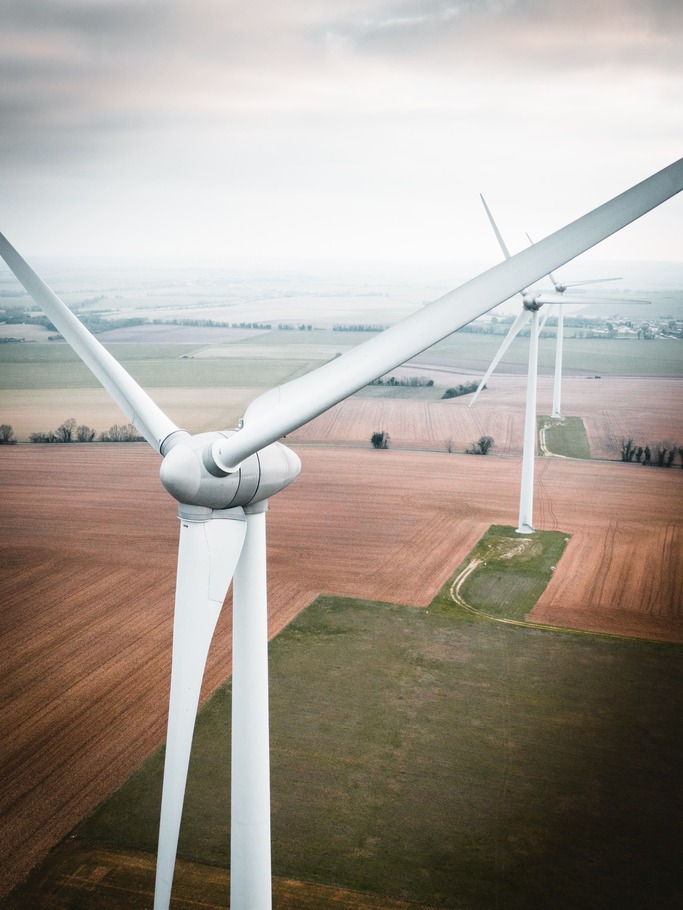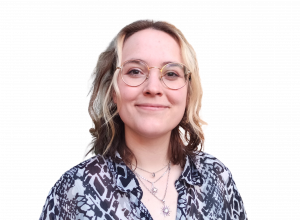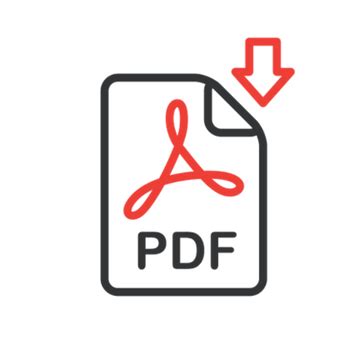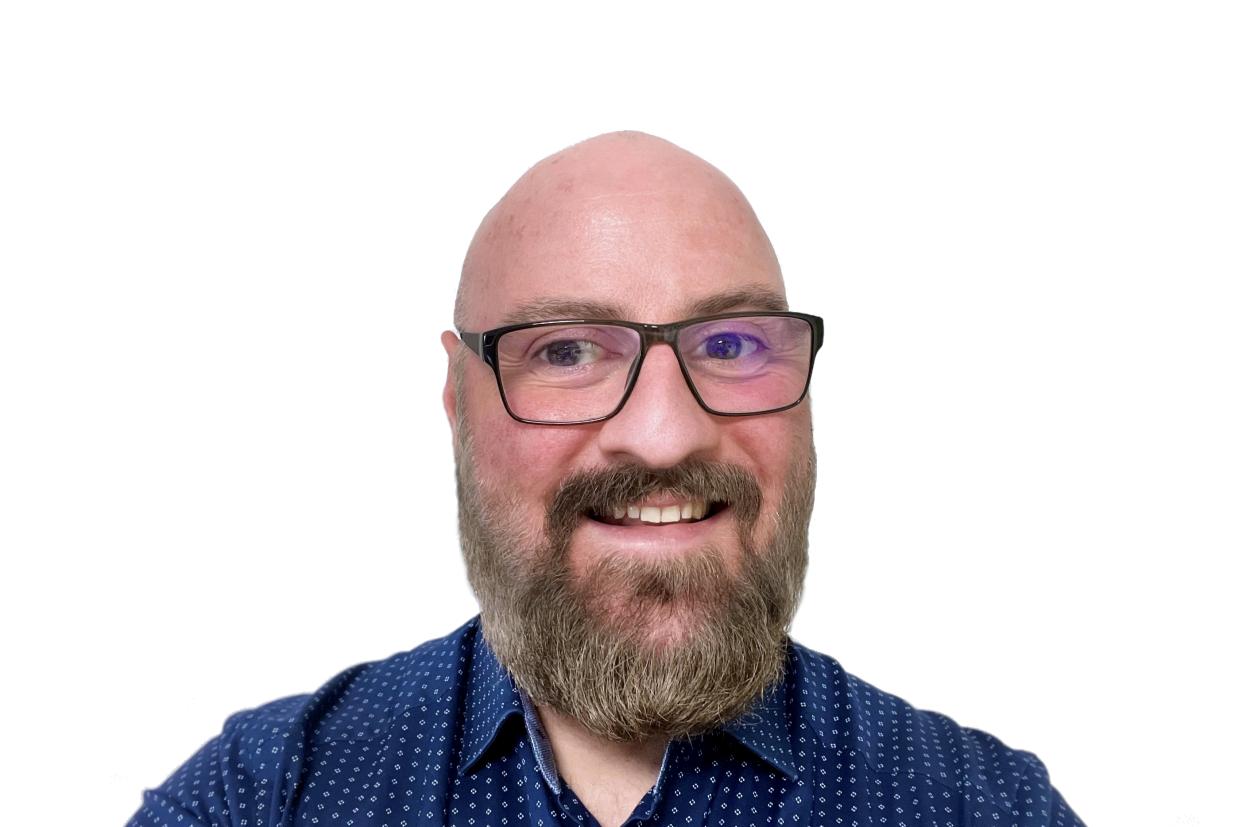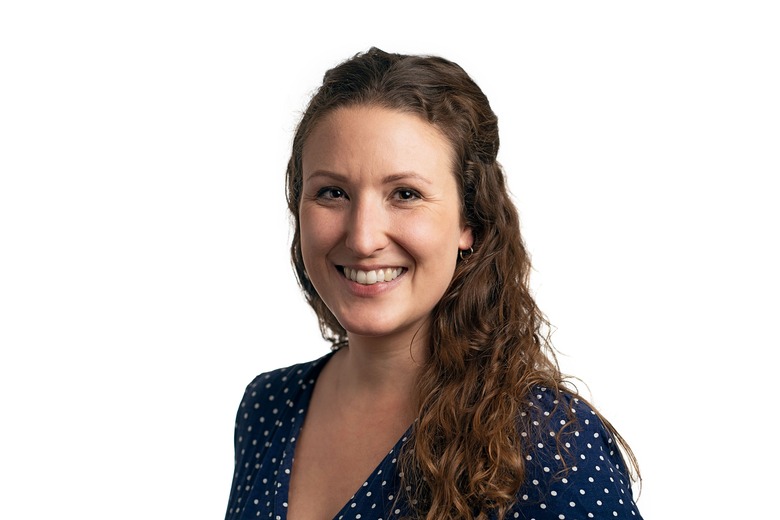Energy Transition Forum 2018 | 18.9.2018 | Bonn
A REVIEW
Energy Transition Forum 2018 of the Grüner Strom Label e.V.
18. September 2018 | Bonn
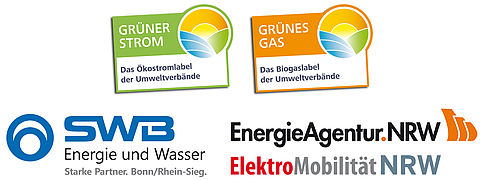
5th Energy Transition Forum 2018 of Grüner Strom Label e.V.
On September 18, 2018, around 80 participants from the energy industry, environmental protection and nature conservation, public institutions, and research and development came together for the 5th Energy Transition Forum of Grüner Strom Label e.V.. In the rooms of the Stadtwerke Bonn, there were lively discussions about current topics of the energy transition. The EnergyAgency.NRW with the umbrella brand Electromobility NRW was present as a further cooperation partner.
After expert presentations on selected topics of the energy transition in the morning, three parallel thematic forums took place in the afternoon. In the evening, there was also an evening reception to mark our 20th anniversary. The focus of the conference this year was:
- E-mobility and traffic turnaround
- Smart energy supply and sector coupling
- Decentralized energy transition and post-2020 concepts
A detailed program for the Energy Transition Forum 2018 can be found at here as PDF.
Daniel Craffonara, Managing Director of Grüner Strom Label e.V., opened the event. Heiko Müller welcomed the participants on behalf of Stadtwerke Bonn Energie und Wasser (SWB), which hosted this year's Energy Transition Forum. This was followed by a welcoming address from Dr. Frank-Michael Baumann, Managing Director of EnergyAgency.NRW.
Dr. Frank-Michael Baumann
Managing Director EnergyAgency.NRW
"Interest in the energy transition and in topics such as sector coupling and electromobility remains very high. I am pleased that this event is so well received."
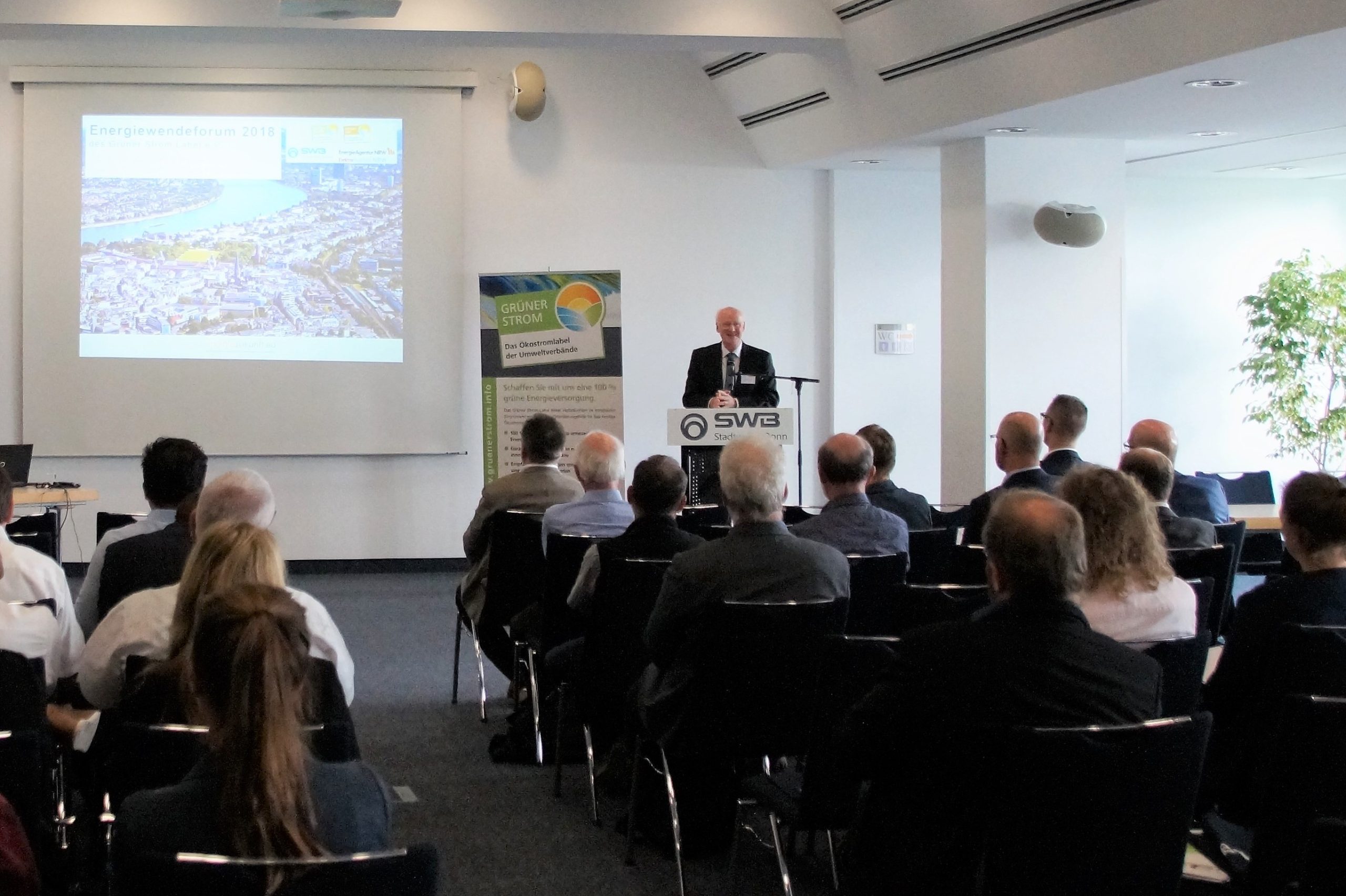
The welcome was followed in the morning by substantive presentations and key notes on the topics of electromobility, integrated neighborhood supply, blockchain and peer-to-peer electricity trading.
Heiko Müller, project engineer at SWB, presented the e-mobility strategy of Stadtwerke Bonn. To this end, he explained:
"For projects focusing on e-mobility in the private and public sectors, we always use Green Electricity-certified green electricity."
The municipal utility operates its own e-fleet, charging infrastructure for electric individual transport and is involved in the TankE network for e-charging infrastructure with a shared app. Stadtwerke also has the vision of converting its bus operations completely to electric mobility by 2030. With this goal in mind, six electric buses already began regular service in 2016. In the meantime, four more e-buses have been put out to tender.
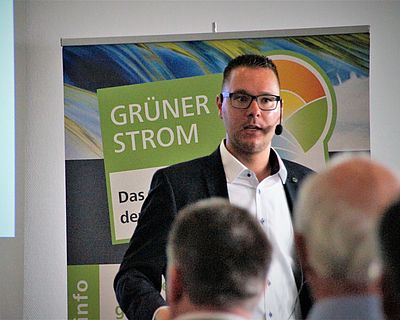
Heiko Müller presented SWB's electromobility strategy.
Salomé Klinger
Team leader at Naturstrom AG
Salomé Klinger, team leader at Naturstrom AG, explained concepts and practical experience of Naturstrom in the area of integrated neighborhood supply.
"We see ourselves as a small, sustainable, micro-city plant in neighborhoods like this."
The independent energy provider is already successfully implementing a holistic offering in several neighborhoods, consisting of consulting, planning, financing, construction and operation.
Among other things, Naturstrom combines solar power produced on site with green electricity from the public grid in its own tenant electricity models. As recently as July 2018, the neighborhood supply system for Berlin's Möckernkiez, which was designed and implemented by Naturstrom, was awarded a prize as part of the Project N" ideas competition excellent.
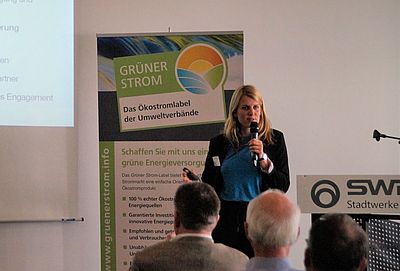
Salomé Klinger's presentation was about integrated neighborhood care.
Klaus Nagl
Managing Director of Consolinno Energy GmbH
After a short coffee break, Klaus Nagl, Managing Director of Consolinno Energy GmbH, gave a presentation on blockchain, virtual power plants and peer-to-peer electricity trading.
A major challenge for the energy market of the future is the need for flexibility. Existing mechanisms will no longer be sufficient in the future and will have to become even more flexible. Clustering, the composition of interactive quarters that interact as units with the grid and the market, and innovative schedule management can achieve the necessary flexibility and ensure a sustainable, future-proof and affordable energy supply.
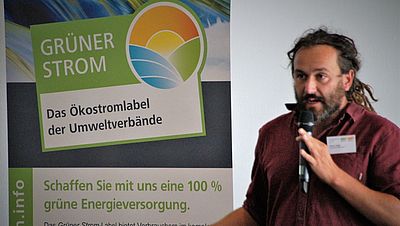
Klaus Nagl from Consolinno Energy GmbH spoke about virtual power plants and peer-to-peer electricity trading.
Dietmar Oeliger
Head of Transport Policy at NABU e.V.
The morning was then rounded off with a key note by Dietmar Oeliger, Head of Transport Policy at NABU e.V. and Chairman of Grüner Strom Label e.V., entitled "E-Mobility in the Transport Turnaround: Huge Opportunity or Risk?" rounded off the event.
Oeliger emphasized that electromobility is one of the most important components of the transport turnaround. He gave a clear rejection to power-to-gas and power-to-liquid because of their low efficiency and enormous energy consumption. In his view, however, the switch to electromobility alone is not enough. Existing problems such as the high land requirements of passenger cars, the high consumption of resources and the pollution of the environment, for example by microplastics, could not be overcome by switching to electromobility alone:
"We need the shift to electric mobility, but we also need significantly fewer cars."
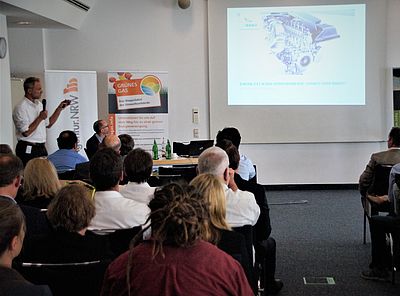
Dietmar Oeliger in the keynote "E-Mobility in the Transport Turnaround: Huge Opportunity or Risk?"
In the afternoon, three parallel thematic forums were held on the following topics
E-mobility and transport transition, smart energy supply and sector coupling, decentralized energy transition and post-2020 concepts
Topic forum 1
Transport turnaround and the role of electromobility
At Topic forum 1 was about the transport turnaround and the role of electromobility in this context. Georg Grothues from EnergyAgency.NRW moderated the thematic forum and designed a thematic input on e-mobility with batteries and fuel cells in NRW. He emphasized that the spectrum is not limited to e-cars and must be understood as part of a changing mobility behavior. He also emphasized that electric vehicles are already more environmentally friendly and more economical in terms of consumption than gasoline and diesel vehicles.
Norman Elmers then presented the e-mobility strategy of Polarstern GmbH. Founded in 2011, the company offers special car electricity tariffs for electric vehicles. The Munich-based energy supplier also cooperates with the company IONITY, which provides charging infrastructure throughout Europe. Polarstern supplies IONITY's 100 fast-charging stations in Germany with Green Electricity-certified green electricity, thus contributing to an environmentally compatible change in transportation.
Daniel Bargende from e.Go Mobile AG then reported on new mobility concepts. E.Go Mobile develops low-cost e-cars for private individuals, e-fleet vehicles and electric minibuses. With this offering, the company aims to close gaps in the product range of the major car manufacturers. In the fall, e.Go Mobile will launch Series production of low-cost electric cars start in Germany, with 10,000 cars to be produced in 2019.
Finally, the participants of the first thematic forum went to the garage of Stadtwerke Bonn, where electric vehicles from MANN Naturenergie GmbH & Co. KG could be examined and tried out. Managing Director Markus Mann reported from practice and from his experiences in the use of e-mobility. He emphasized that interest in e-mobility has also increased strongly in rural areas among the company's own customers in recent years. MANN Naturenergie supplies green electricity-certified green electricity from the Westerwald region, including to Stadtwerke Bonn.
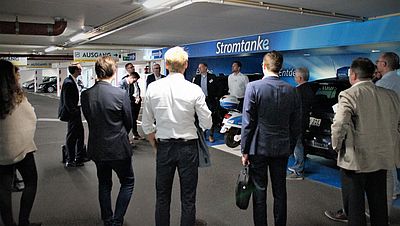
Managing Director Markus Mann shared MANN Naturenergie's experience in the field of electromobility with the participants.
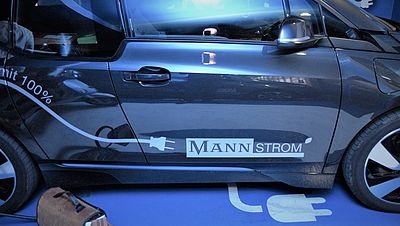
A total of three electric cars and the SWB charging station could be inspected and tried out.
Topic forum 2
'Smart energy supply and sector coupling'.
At 2. theme forum 'Smart energy supply and sector coupling', Rosa Hemmers, board member of EUROSOLAR and Grüner Strom Label e.V., and Tobias Jaletzky, managing director of EUROSOLAR e.V., introduced the topic with a short presentation. This was followed by the presentation of Christian Remacly from RheinEnergie AG. Remacly presented the basic idea of the "Smart City Cologne" initiative and clarified the objectives based on the sub-projects "Klimastraße" and "GrowSmarter". A lively debate ensued around the question of the connection between the implementation of innovative neighborhood concepts and the increase in the cost of living and how the possible danger of displacement of residents can be prevented. Finally, Tobias Struck, Head of Energy Storage and Projects at WEMAG AG, gave insights into the activities of WEMAG AG and presented the experiences with battery storage.
In the subsequent workshop, the participants spread out on three flipcharts and discussed the respective topics with the speakers.
At the first flipchart, Tobias Jaletzky and Rosa Hemmers discussed with participants* the role and relevance of smartness for the energy transition. In discussion, the participants noted that there are generally positive associations with the "smart world" that are hardly questioned. According to them, the biggest drivers in the area of smartness are economic interests. Instead of blindly following these impulses, there is a need for overall social control and a debate about which developments make sense and which developments are harmful.
Christian Remcaly worked with the participants on questions surrounding the concept of the smart city. The term "city" was not limited to the public space - rather, the "city" extends partially into the private sphere. Among the expectations for the SmartCity, those present cited a higher quality of life at the same cost, the use of technology to serve citizens, and a self-explanatory design of measures. Violations of data protection, rising costs and the displacement of residents, on the other hand, were identified as risks.
On the third flipchart, the participants were able to talk with Tobias Struck about the benefits and further steps in the use of battery storage. It was noted that the regulatory framework is not yet clear and that there is a need for clarification. Furthermore, the motivation for the use of battery storage must be increased among grid operators in order to integrate them permanently.
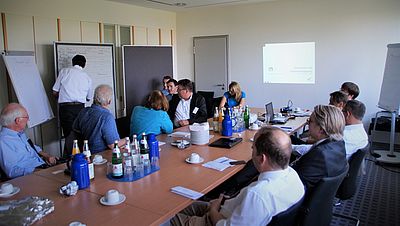
The participants recorded together where they had already come into contact with the "smart world".
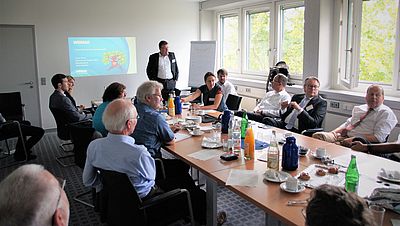
After the presentations, there were lively discussions among the participants and with the speakers.
Topic forum 3
Decentralized energy transition and post-2020 concepts
At Topic forum 3 was about the decentralized energy transition and post-2020 concepts. Marcus Bollmann, deputy spokesman of the energy working group of BUND e.V. and board member of Grüner Strom Label e.V., gave a short input on market models of a regional energy transition, followed by a presentation on tenant electricity models and citizen energy by Jan Broekmans (INEP Institute Oldenburg). Afterwards, Bernhard Strohmayer, consultant for energy markets and mobility of the Bundesverband Erneuerbare Energie e.V. (German Renewable Energy Association), spoke about the operation of RE(G) plants after 2020. Ramon Kempt, as board member and managing director of Energiegewinner eG, enriched the thematic forum with his presentation on the energy transition from the perspective of citizen cooperatives.
The presentations were followed by a world café workshop in the third thematic form. The participants spread out over four themed tables and discussed questions about the respective presentations together with the four speakers.
On the topic of tenant electricity models and citizen energy, the participants discussed the question of how the costs for electricity and for the expansion of RE plants can be kept at an attractive level in the future. A constructive cooperation of the grid providers was demanded in order to be able to realize attractive models and prices. In the long term, tenant electricity models could be successful without subsidies and with free pricing.
At another table, the topic was how RE plants can still be used after the expiry of the EEG remuneration (from 2020). Here, the question was raised as to who can or will pay the operator an appropriate electricity price for the continued operation of the plant and how the risk of repair costs can be assessed. As possibilities for use, self-consumption and (possibly bundled) direct marketing were mentioned, if possible paired with customer education.
Under the topic "Citizens with Energy", motives for self-consumption and questions regarding the design of living environments through the consumer-oriented use of renewable energies were discussed. First of all, it became clear that a clear definition of the term "close to the consumer" is needed, which has not been given so far. The regulatory (legal) framework is perceived as an obstacle, e.g. that a household becomes an energy supplier if it wants to supply electricity to its neighbor. Finally, it was stated that motives for self-consumption of green electricity are manifold. The conviction of the participants in the matter, energetic independence, trustworthy suppliers and a good conscience were identified as central motives in addition to the price.
The fourth topic table, "Market models for a regional energy transition", dealt with the question of which incentives must be created so that, for example, a power outage in the south does not lead to a power plant being switched on in the north. Here, it was noted that there are many possibilities to increase flexibilities in renewable energies and to offer them to grid operators, e.g., through load management as well as through sector coupling and the bundling of several quarters or plants. These solutions do not always have to be complex; balancing energy can already be generated and marketed through the operation of a biogas CHP unit in accordance with the power exchange, coupled with a larger hot water storage tank.
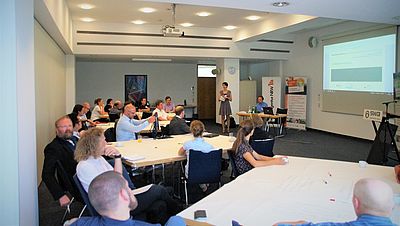
Antje Fehr and Marcus Bollmann from Grüner Strom Label e.V. welcomed the participants to the third thematic forum.
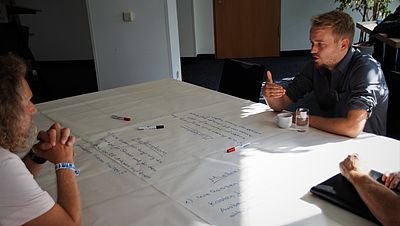
In the world café, participants and speakers discussed questions about the respective presentations.
Conclusion of the event
At the end of the event, all participants of the Energy Transition Forum came together again and the respective moderators of the thematic forums presented the results of the discussions and workshops. After the Energy Transition Forum, the evening reception took place on the occasion of the 20th anniversary of Grüner Strom Label e.V.. Here, as at the lunch and in the thematic forums, all participants had the opportunity to talk to each other and make new contacts.
We would like to thank Stadtwerke Bonn, Energieagentur.NRW and all participants, moderators and speakers for a successful Energy Transition Forum 2018.
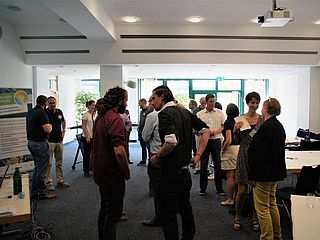
The participants took the opportunity to exchange ideas and make new contacts.
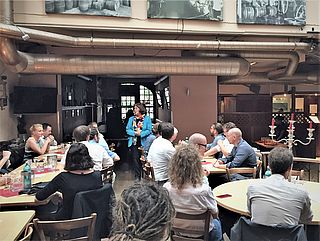
Rosa Hemmers, deputy chairwoman of Grüner Strom Label e.V., welcomed the guests to the evening reception that followed.
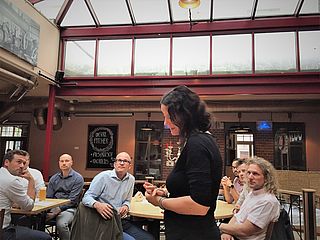
Mayor Angelica Maria Kappel gave a greeting on behalf of the city of Bonn and congratulated Grüner Strom Label e.V. on its 20th anniversary.

Media partner
Together for the energy turnaround
Your contact person
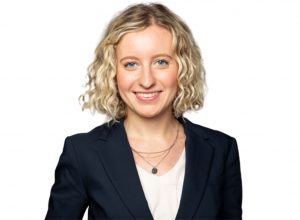
Melanie Alberts
Head of Communication & Marketing
All info about our last events to read Past events
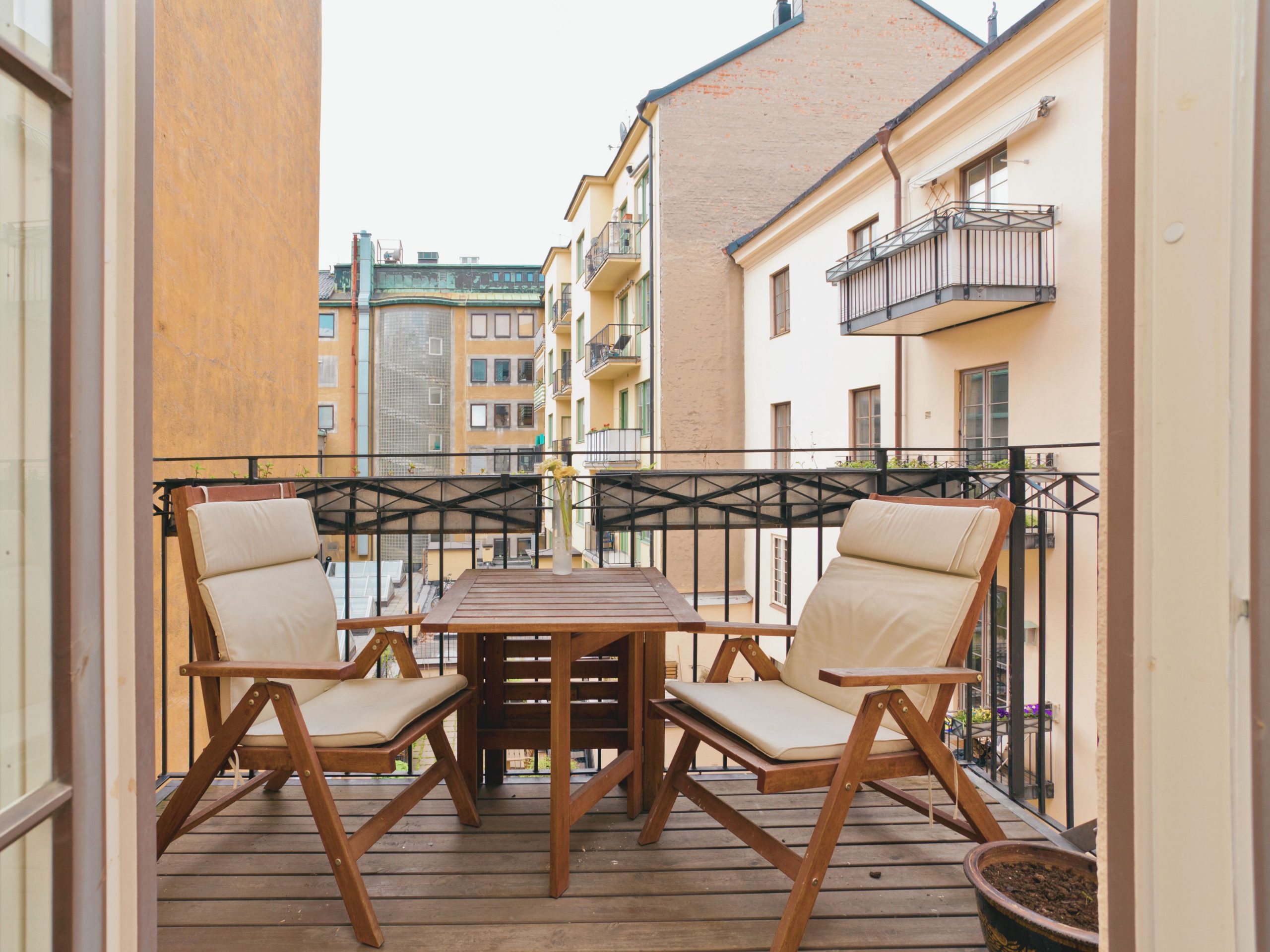
Energiewende2Go: Balcony power plants for more climate protection
You want to operate a balcony power plant yourself? We will answer all your questions about balcony modules in the free online event with Netzwerk Energiewende Jetzt e.V.
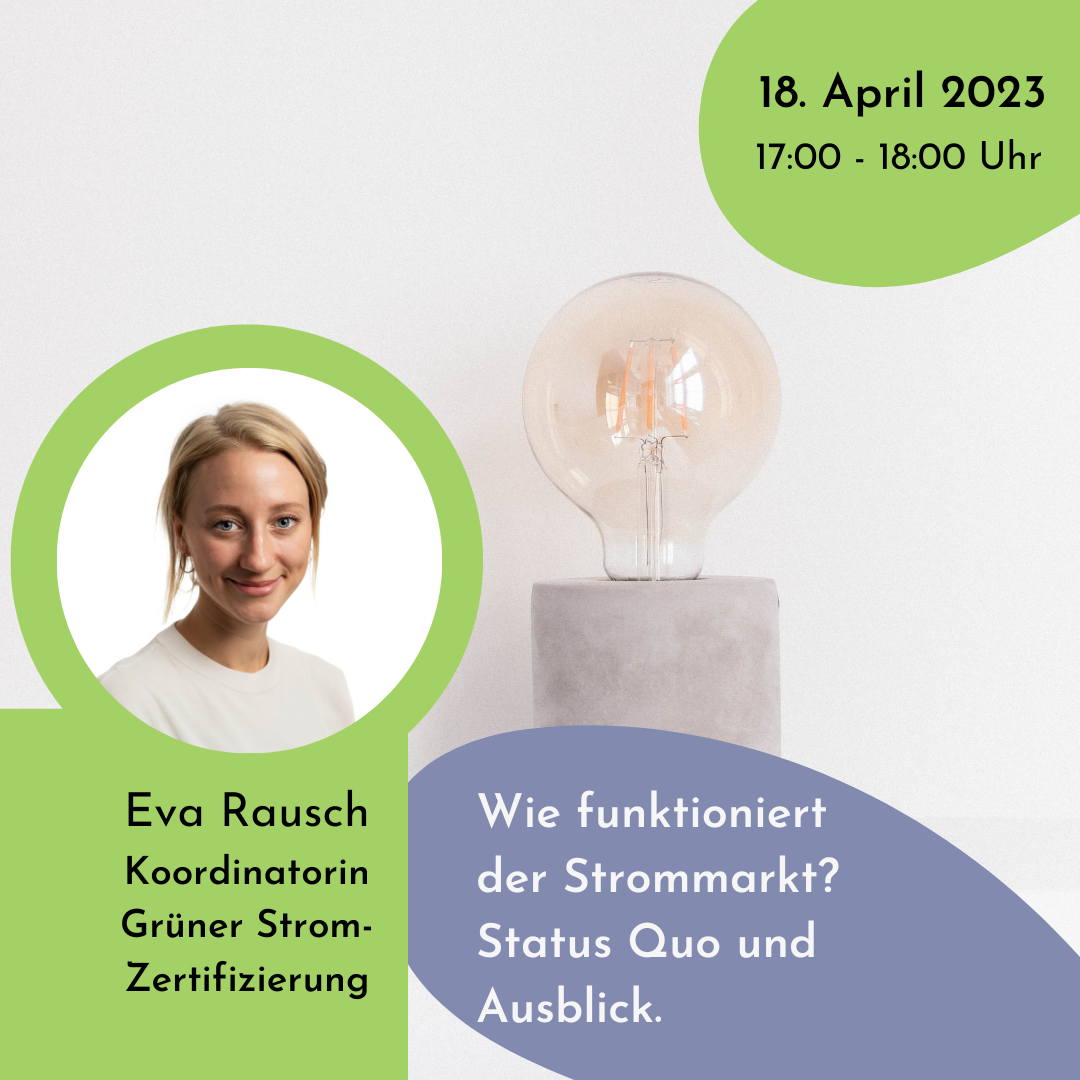
Energiewende2Go Event: Electricity Market
The price of electricity is at a historically high level. This is primarily due to the war in Ukraine and the lack of gas supplies from Russia. However, the price increase also affects those who have been purchasing electricity from renewable energies for years.

ENERGY TRANSITION FORUM DIGITAL 2021
The year is coming to an end and our five energy transition forums are over. Together with Energiewende supporters, we took a look at the energy world of tomorrow and created a platform for the exchange of practical experiences, perspectives and ideas.
